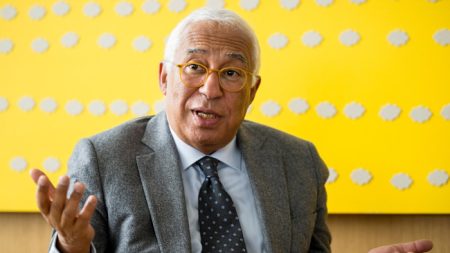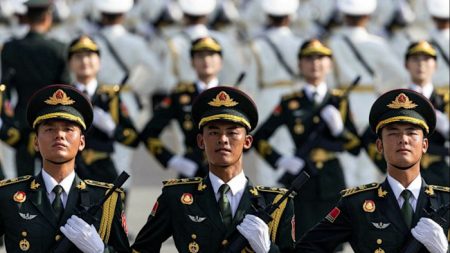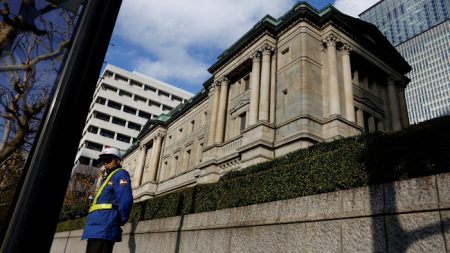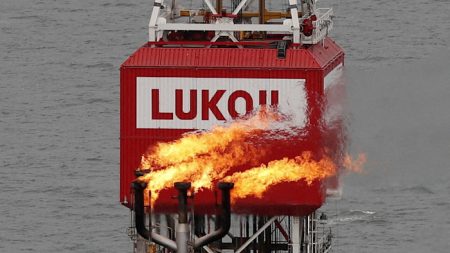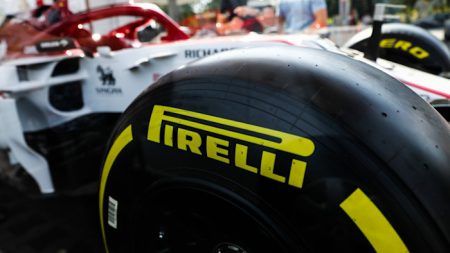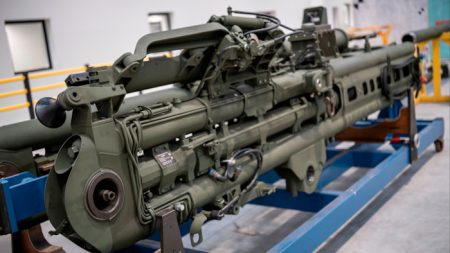Unlock the Editor’s Digest for free
Roula Khalaf, Editor of the FT, selects her favourite stories in this weekly newsletter.
Israel’s air force bombed 10 areas of Lebanon overnight in response to a rocket barrage from the Lebanese militant group Hizbollah, as hopes for a US-brokered ceasefire between Israel and Hamas in Gaza continued to fade.
The US and Arab nations view a deal to end the fighting in Gaza and free the roughly 100 Israeli hostages still being held there by Hamas as the best way to prevent an all-out regional war erupting in the Middle East.
However, despite an intense diplomatic push by US officials, significant gaps remain between Israel and Hamas, and in recent days, as the hopes of a deal have waned, the exchanges of fire between Israel and Iran-backed Hizbollah have intensified.
In an effort to salvage a deal, US President Joe Biden and vice-president Kamala Harris spoke to Israeli Prime Minister Benjamin Netanyahu on Wednesday, and stressed “the urgency” of reaching a deal, according to the White House.
However, Netanyahu has given little indication that he is prepared to soften Israel’s position in the talks. In a brief statement on Wednesday evening, his office reiterated that Israel would continue to “insist on the achievement of all of its objectives for the war”.
An Israeli official said a delegation from the country was in Cairo for follow-up negotiations. Israeli media said it was led by the heads of Israel’s spy agencies, Mossad and Shin Bet.
One Egyptian official said Israel’s insistence on a continued military presence in Gaza, including in the Philadelphi corridor, was the main obstacle to progress. “The only solution is for the Americans to put serious pressure on the Israelis,” the official said.
Tensions across the Middle East have spiralled in recent weeks after Iran and Hizbollah pledged to retaliate against Israel for the assassinations of two senior Hizbollah and Hamas militants in Beirut and Tehran last month.
The Israeli military said on Thursday that its overnight strikes had targeted weapons storage facilities, military structures and a launcher in Lebanon. This came after Hizbollah carried out a drone attack on military posts in northern Israel and fired more than 50 rockets at Israel on Wednesday, with several striking the town of Katzrin, where one person was injured.
Hizbollah said the barrage was in response to Israeli air strikes in the Bekaa Valley, where the militant group holds significant sway. Israel said it was targeting several weapons depots, the latest weapons storage facility to be targeted in recent days.
Tuesday night’s strike was on a residential area in the Bekaa Valley, and killed one person and injured 30.
Israel also killed a Palestinian militant in a drone strike on Tuesday in Sidon. Israel claimed Khalil al-Maqdah, who was a member of Fatah’s armed wing, had worked with Iran’s Revolutionary Guard and had been involved in smuggling weapons into the occupied West Bank.
Israeli forces and Hizbollah have been exchanging almost daily fire since Hizbollah began firing rockets at Israel in solidarity with Hamas the day after the Palestinian militant group launched its October 7 attack on Israel.
Although the exchanges of fire have displaced tens of thousands of people and caused casualties on both sides of the border, Israel and Hizbollah have so far avoided being drawn into an all-out war.
But Israeli officials have repeatedly said that they are prepared to take military action against Hizbollah, one of the world’s most heavily armed non-state actors, if they are unable to reach a deal to return displaced Israelis to their homes in the north via diplomatic means.
Read the full article here





